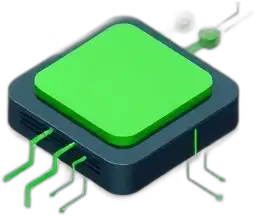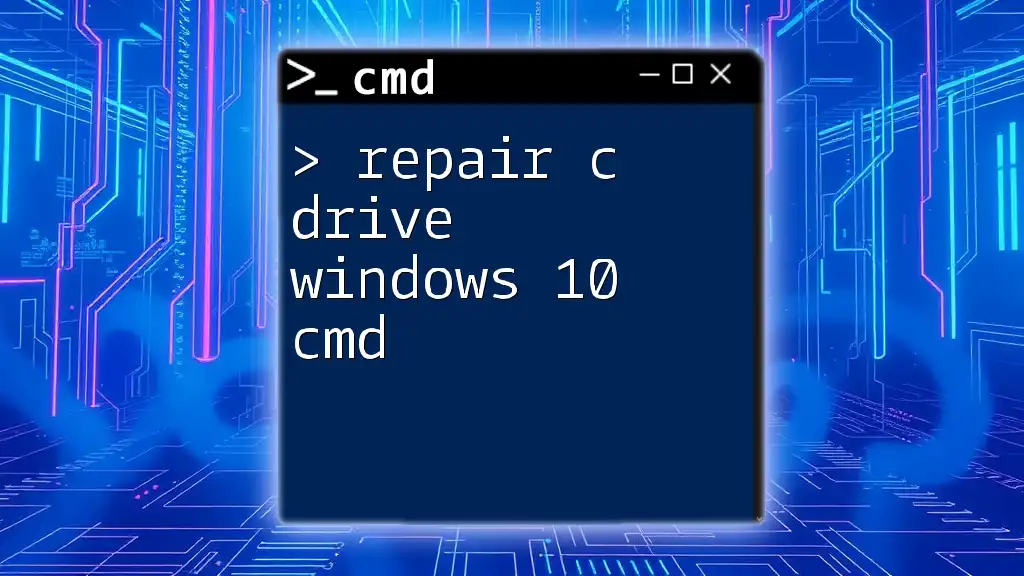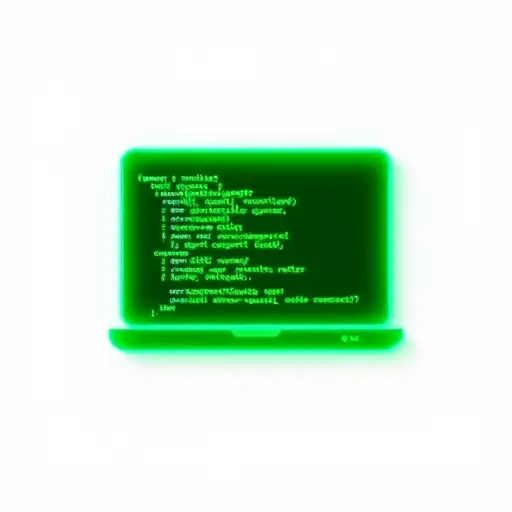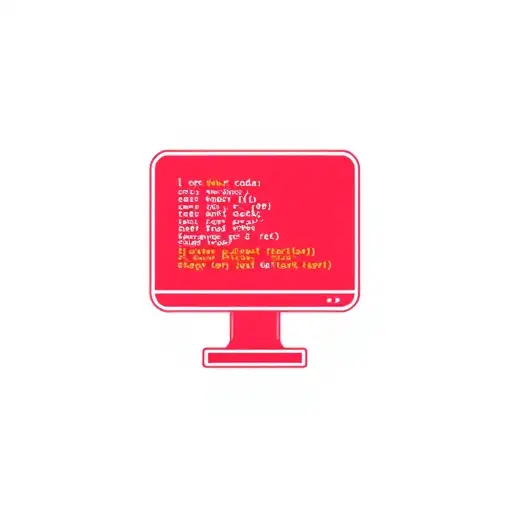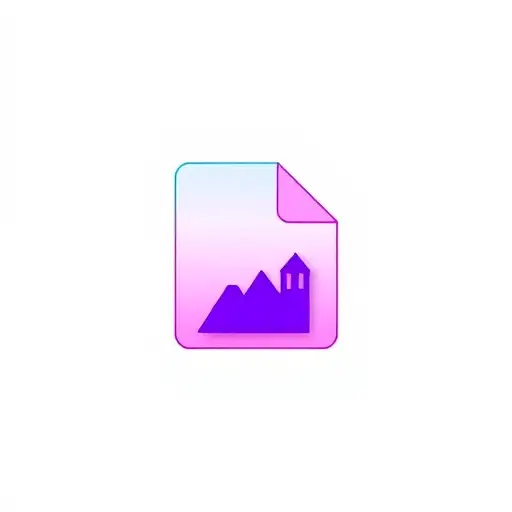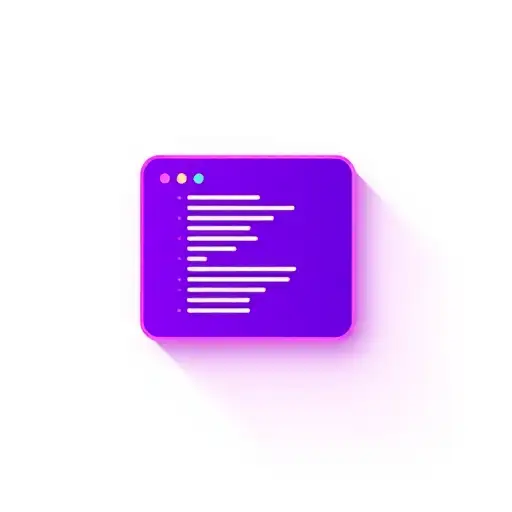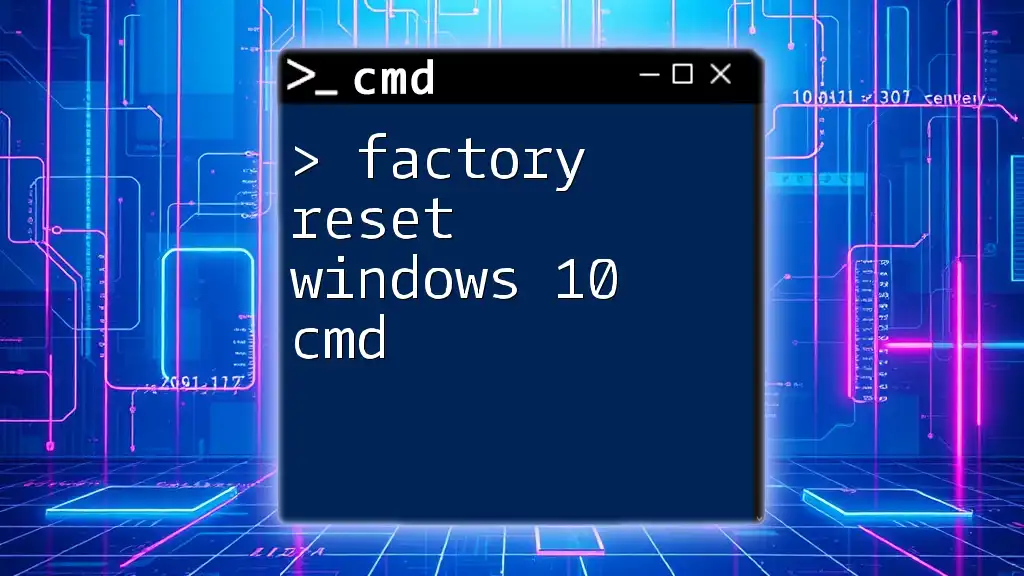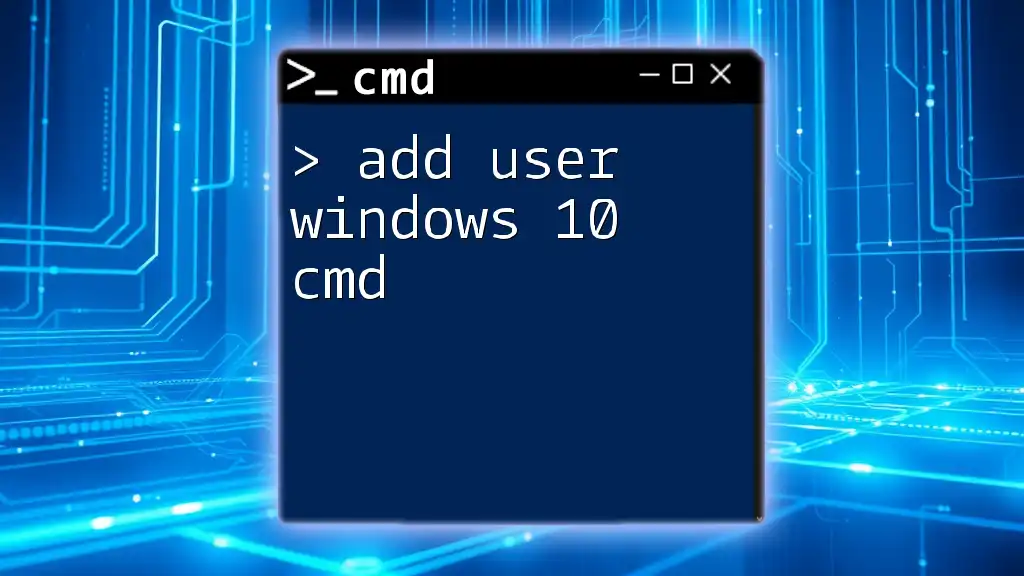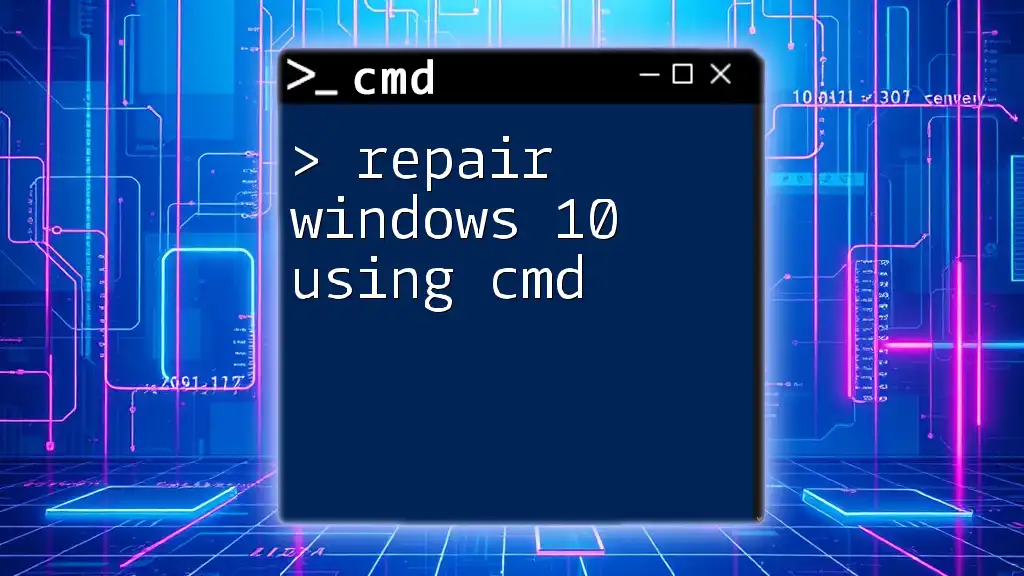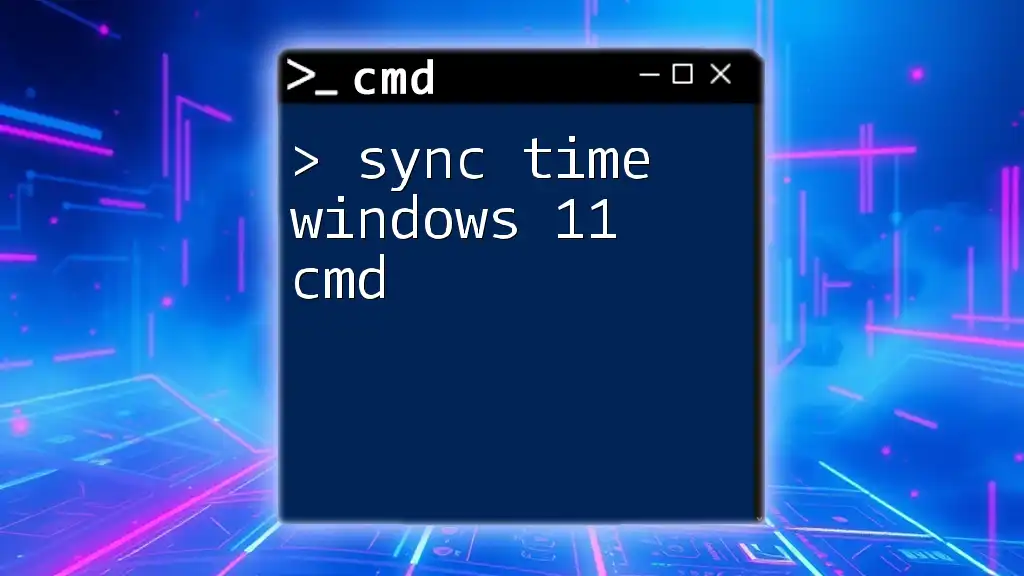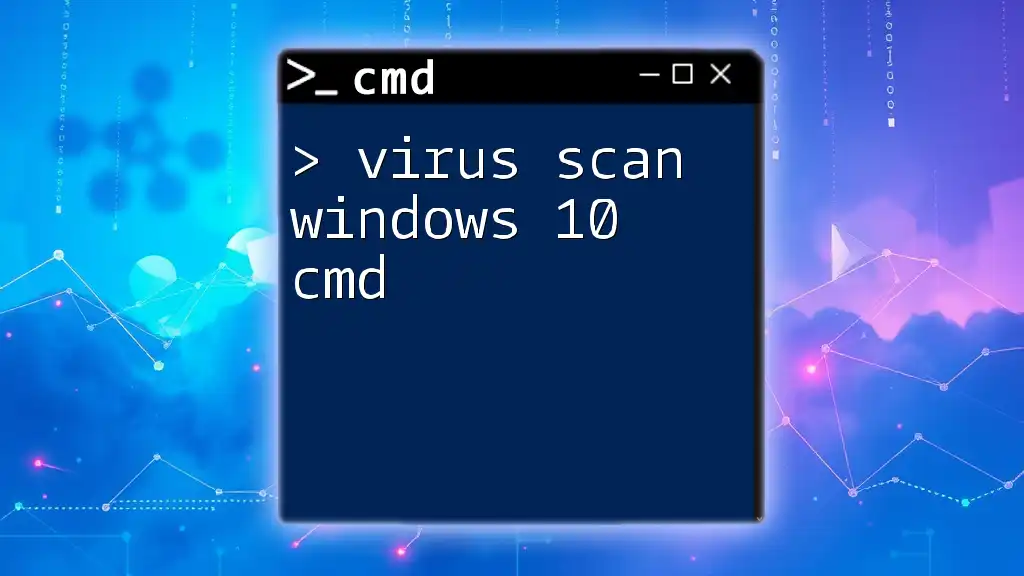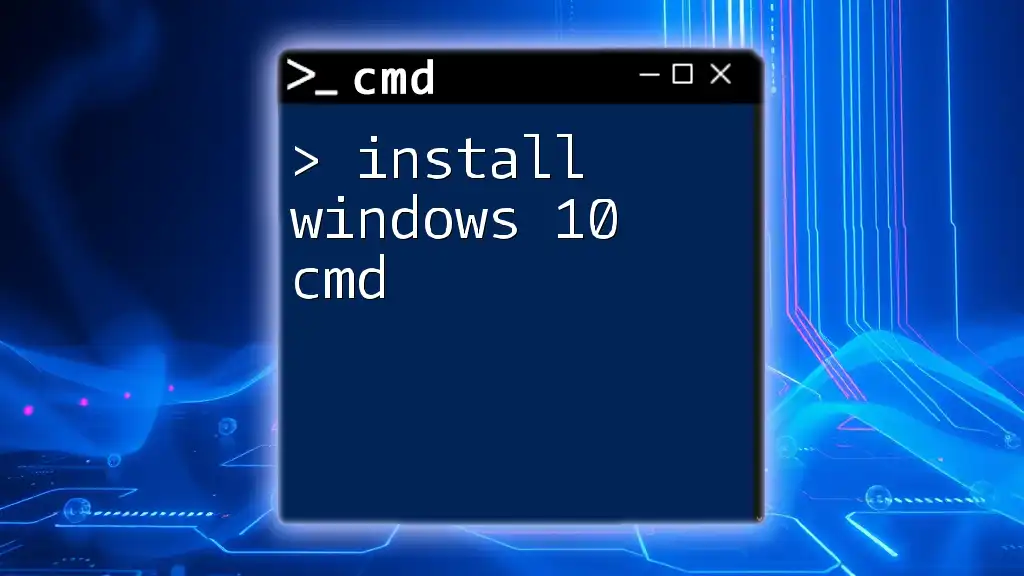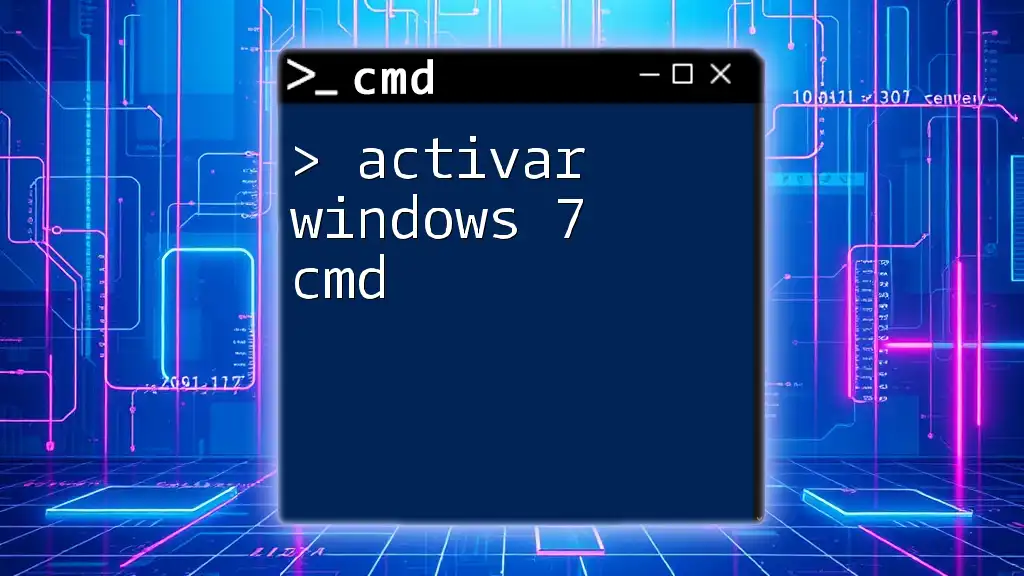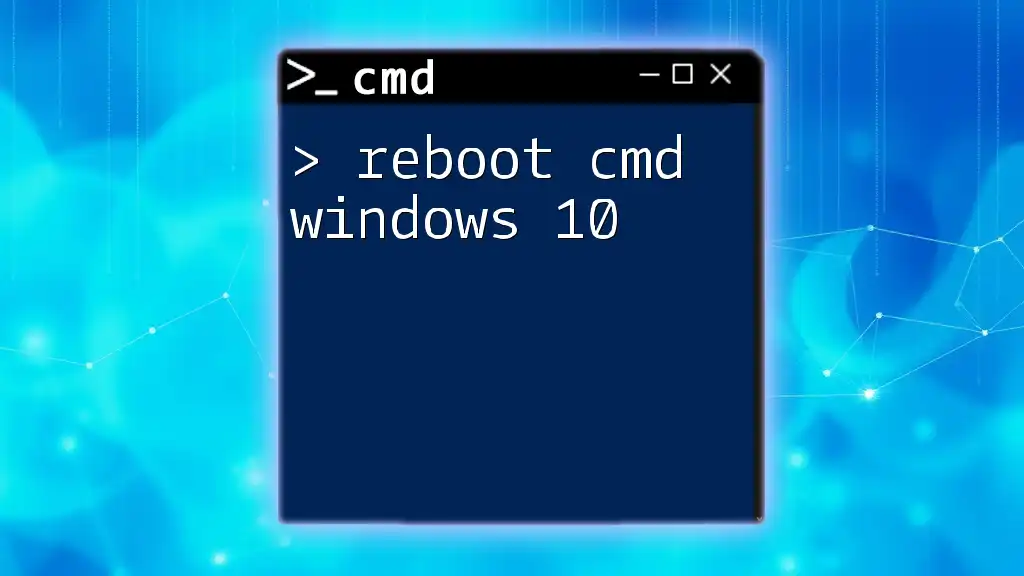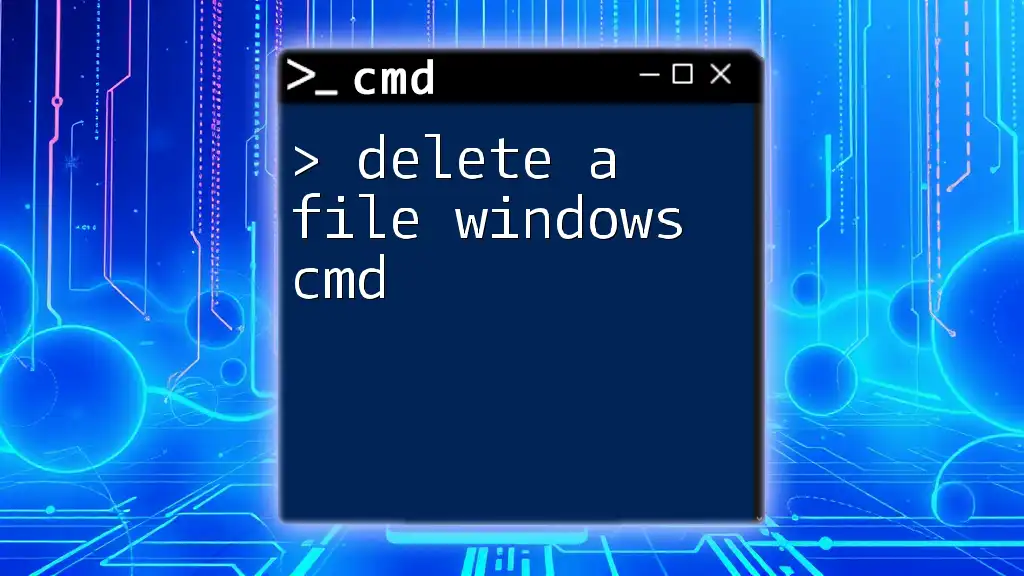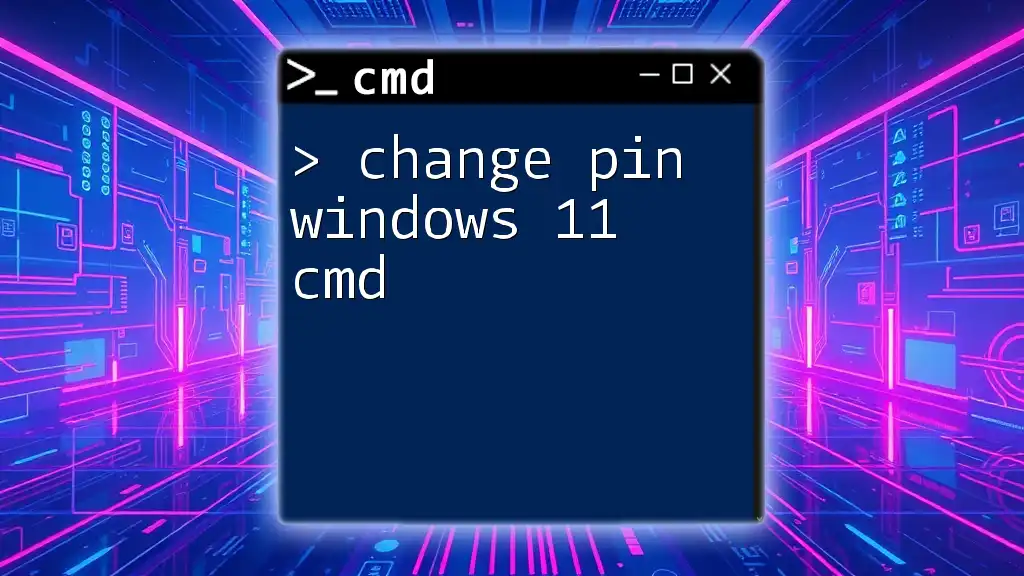To repair the C drive in Windows 10 using Command Prompt, you can execute the System File Checker tool with the following command:
sfc /scannow
Understanding C Drive Issues
When dealing with Windows 10, the C Drive is usually where the operating system is installed, along with many applications and files. Over time, several issues can arise that may affect its performance or even lead to data loss. Recognizing the common symptoms of C Drive corruption is vital for timely intervention. These symptoms can include a noticeably slower performance, frequent application crashes, missing files or folders, and unexplained system freezes.
The causes of C Drive issues can be varied. They often stem from hard drive failure, which may result from physical damage or wear and tear over time. Malware infections can disrupt file integrity and change system settings. Additionally, power outages and improper system shutdowns can interrupt operations and cause corruption in the file systems.
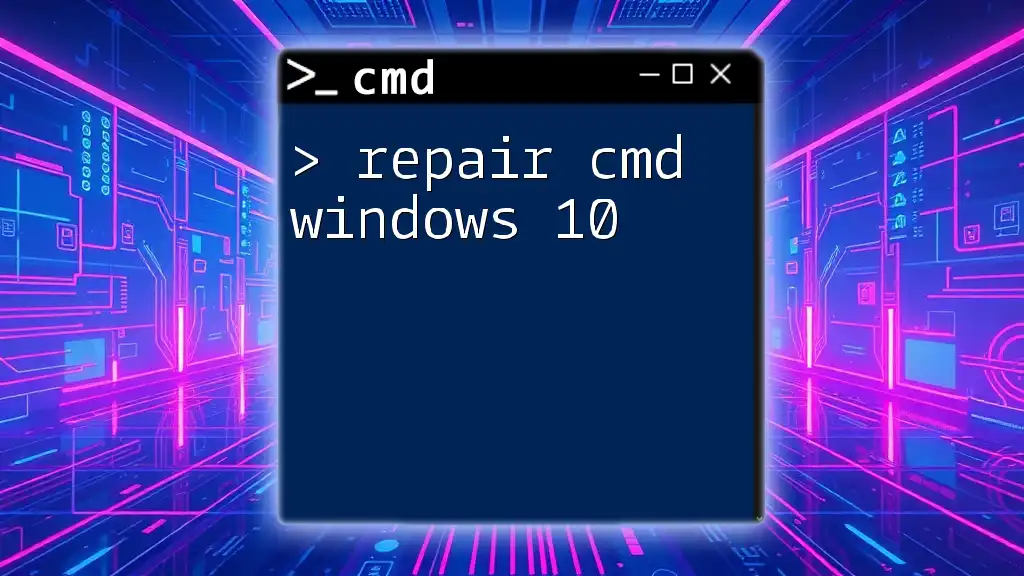
Preparation Before Using CMD
Before diving into the commands that can effectively repair the C Drive using Windows 10 CMD, it is crucial to take some preparatory steps.
Backup Important Data
The first step is to ensure that any important data is backed up. This not only protects you against potential data loss during the repair process but also provides peace of mind. Consider using built-in tools such as Windows Backup, or you can opt for third-party tools that offer a more robust solution.
Accessing Command Prompt
To successfully run the necessary commands, you must have access to Command Prompt as an Administrator. You can achieve this by searching "cmd" in the Windows search bar, right-clicking on Command Prompt, and selecting Run as Administrator. Alternatively, you can access it through the Windows Recovery Environment if the system isn't fully operational.
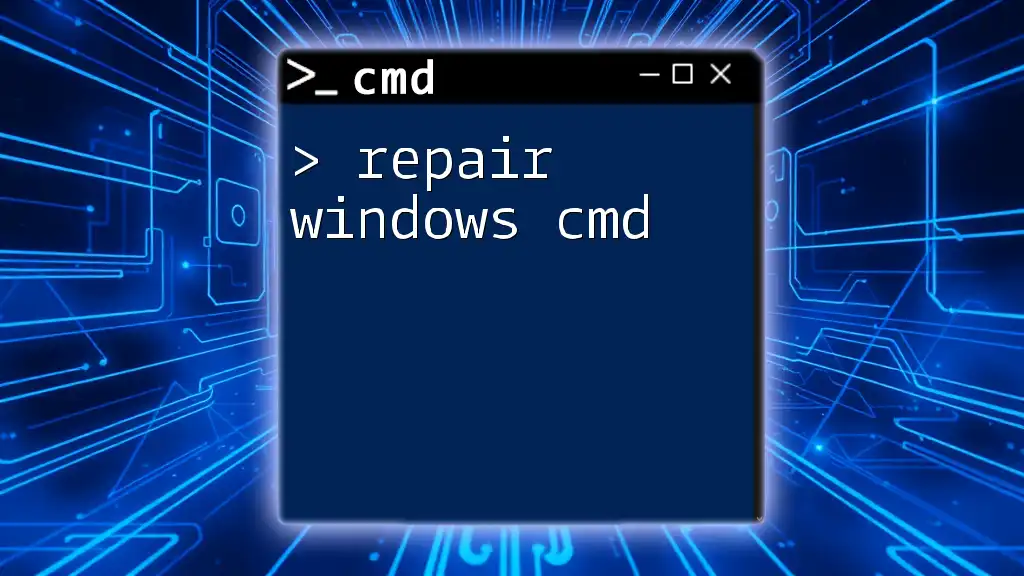
Using CMD to Repair C Drive
Now that you're prepared, let's explore how to effectively repair the C Drive using Windows 10 CMD.
Running CHKDSK Command
CHKDSK (Check Disk) is a built-in utility in Windows that analyzes the file system and file system metadata on a disk volume for logical and physical errors.
What is CHKDSK?
CHKDSK is essential for identifying and fixing disk errors, thus preventing further damage. It locks any sectors of the disk that are corrupted and attempts to repair them.
Syntax and Options
The basic syntax for the CHKDSK command is:
chkdsk [volume] [/options]
Among the various options available, the most common ones include:
- /f: Fixes any errors found on the disk.
- /r: Locates bad sectors on the disk and recovers readable information.
- /x: Forces the volume to dismount before the process starts.
Example Command
To initiate a comprehensive check and repair of the C Drive, you might run:
chkdsk C: /f /r /x
This command will discover and fix issues, recover data from bad sectors, and ensure that the disk is unmounted to prevent data conflicts.
Running SFC (System File Checker)
System File Checker (SFC) is another powerful built-in utility that repairs corrupted system files.
What is SFC?
SFC acts as a watchdog for your system files, ensuring they stay intact. When you run SFC, it scans for integrity violations in system files and attempts to restore them.
Syntax and Usage
You can run SFC by typing the following command in Command Prompt:
sfc /scannow
This command prompts the utility to scan the entire system and attempt repairs on any detected issues.
What to Do if SFC Cannot Fix Issues
In cases where SFC fails to fix the problems, it may log the details in the CBS.log file located in the C:\Windows\Logs\CBS directory. You can examine this log for more insight and possible next steps.
DISM (Deployment Imaging Service and Management Tool)
Deployment Imaging Service and Management Tool (DISM) is another crucial tool used for repairing Windows system images.
What is DISM?
When advanced repairs are needed, DISM plays a vital role in ensuring that the system image is healthy and intact. It helps to rectify issues that SFC cannot resolve.
Syntax and Usage
Run the following command to restore the health of your Windows image:
DISM /Online /Cleanup-Image /RestoreHealth
This command checks for component store corruption and fixes it, making sure that any corrupted files can be corrected.
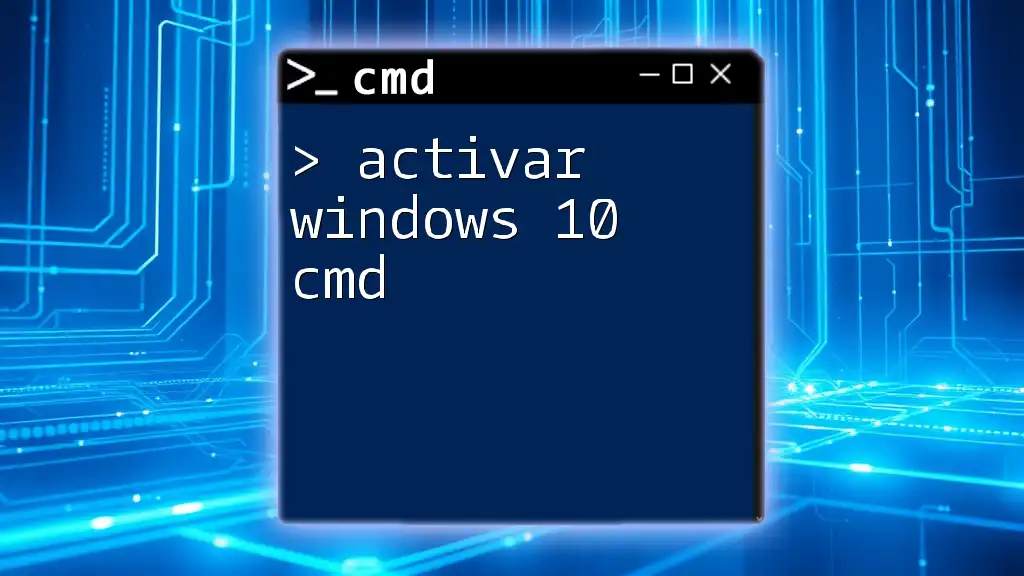
Post-Repair Actions
Once your run-through of the various commands is complete, it’s essential to take some post-repair actions for system stability.
Reboot the System
After running the commands, always reboot your system. A restart allows the changes to take effect and helps to refresh the system environment.
Check for Remaining Issues
You should check whether any remaining issues persist. This can be achieved by running the CHKDSK or SFC commands again to ensure that all errors have been rectified.
Regular Maintenance
To ensure long-term stability and performance, consider adopting a routine for regular maintenance. This includes running disk cleanup, routinely checking the disk for errors, and even using third-party disk management tools to keep your system in optimal condition.
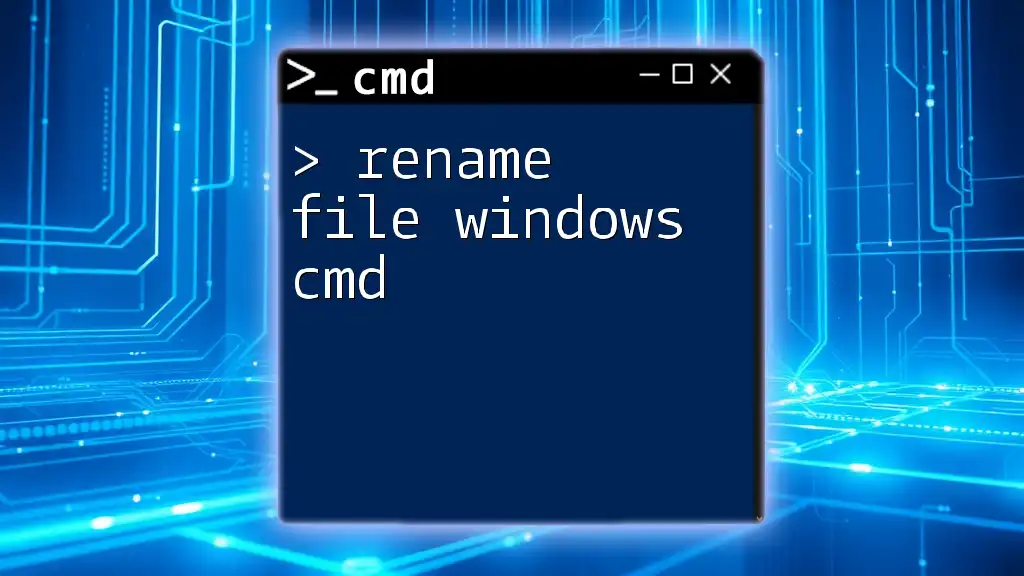
Conclusion
In summary, using CMD to repair the C Drive in Windows 10 can be a quick and effective method for restoring system stability. By mastering the commands like CHKDSK, SFC, and DISM, you empower yourself to manage your system proactively. Embrace these tools and techniques, and engage with the community for mutual support in your ongoing learning journey with CMD.
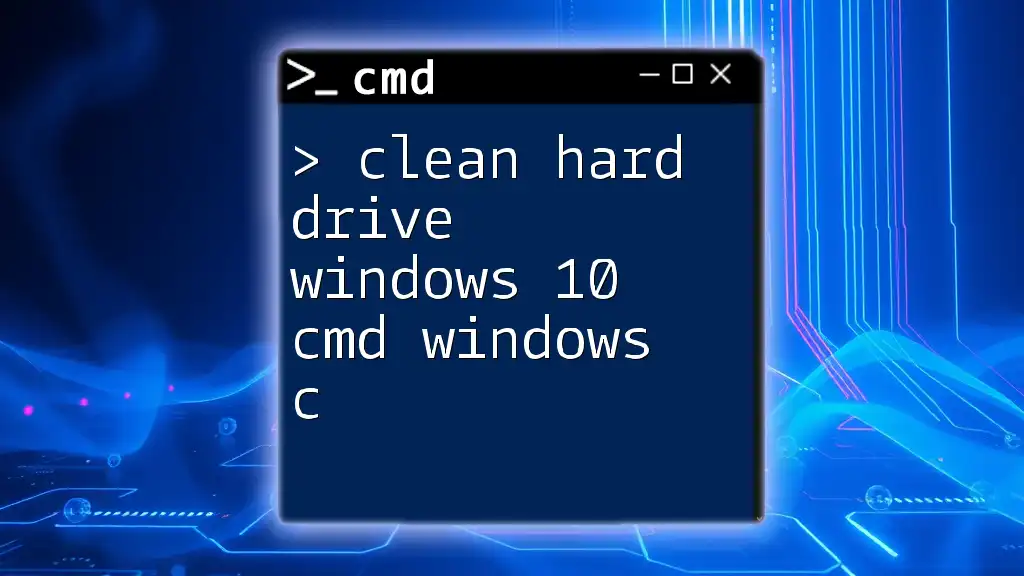
Additional Resources
For further reading on CMD commands and effective disk management:
- Refer to Microsoft’s official documentation on all CMD utilities.
- Explore third-party tools that best suit your maintenance needs, providing deeper insights into managing your C Drive.
- Join forums or communities where like-minded individuals share insights, tips, and solutions relating to CMD and system maintenance.
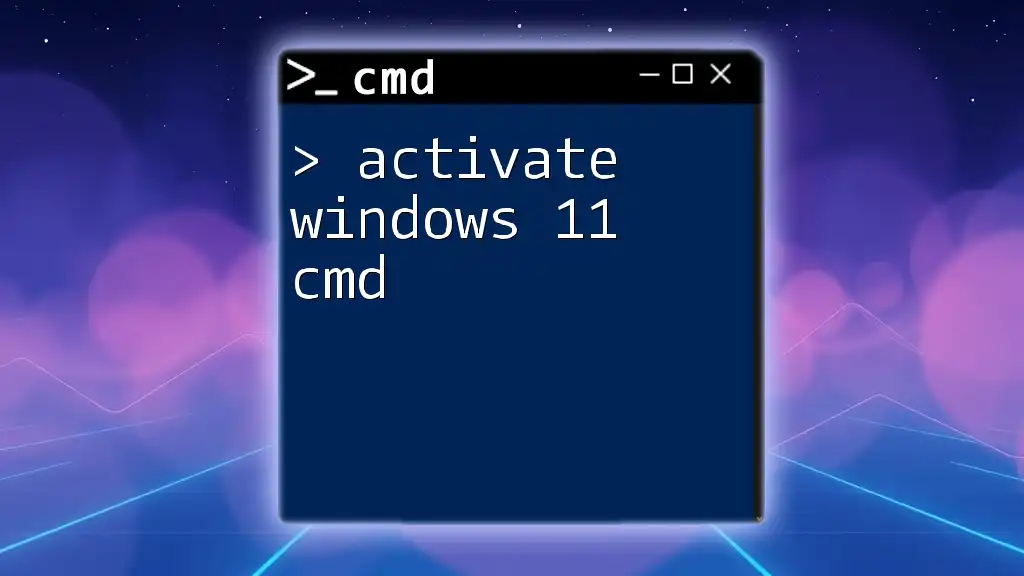
FAQs
What if CMD shows errors that can't be fixed?
If CMD indicates errors that can't be rectified, you may need to consider hardware failures or more advanced recovery options, such as restoring from a backup or even OS reinstallations.
Can I repair a C Drive without CMD?
Yes, graphical tools built into Windows, like Disk Management and Windows Recovery, can assist in repairs, although they don't offer the same depth of control as CMD.
How often should I check my C Drive for errors?
A best practice is to run checks quarterly, or more frequently if you notice system slowdowns, unusual behavior, or after heavy use. Regular checks will help maintain the health and performance of your C Drive.
